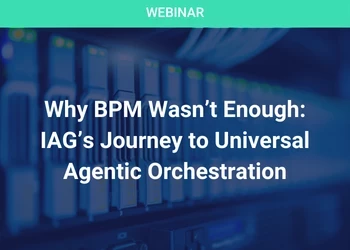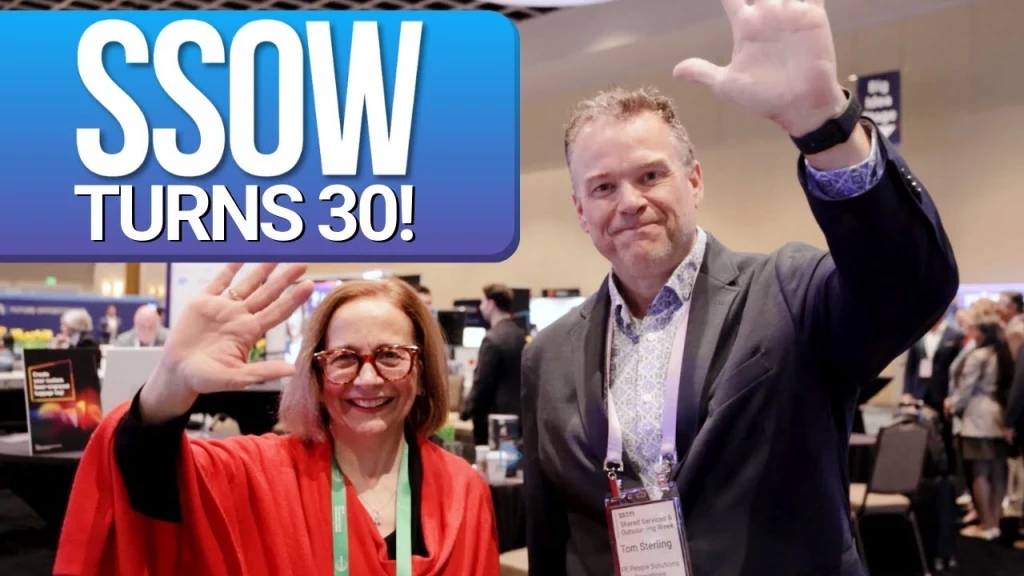Private Capital Investment in BPO Vendors
Add bookmarkWith the BPO market increasingly characterized by consolidation and specialization, we turn our attention to those organizations staking a claim. New Mountain Capital LLC is a private equity firm seeking investment opportunities in "high quality leaders in carefully selected growth industries". In late 2006, New Mountain invested in Connextions, Inc., a BPO firm specializing in consumer driven health care. SSON speaks with Matthew Ebbel, Vice President, about the value of a BPO investment.
SSON: Matthew, given New Mountain’s investment in Connextions, can you outline the attraction the BPO sector – and Connextions in particular - posed to you?
Matthew Ebbel: As private equity investors, New Mountain’s underwriting process focuses primarily on four pieces: industry, business, financial track record and strength of management. New Mountain looks to invest in defensive growth industries – sectors that will do well in both good and bad economies. BPO providers are fundamentally attractive to New Mountain because they can deliver a cheaper and higher quality service to their customers than firms could do on their own. Demand for these services can, therefore, grow even in a recession.
We were attracted to Connextions, in particular, because of its market leadership in the health care BPO space. The company had several landmark accounts in the health care sector including UnitedHealthcare and Blue Cross Blue Shield, as well as a very promising pipeline of new business. In our thesis, we believed Connextions would have significant opportunity when the consumer-driven health care market hit its eventual tipping point. Connextions has the combination of unique software and educated, licensed agents that enables the company to serve as a very efficient channel to sell health insurance to individuals.
Health care reform remains on the forefront and one of the consistent threads underlying the national debate is the need to educate and empower the individual to become a responsible consumer of health care. We believe Connextions’ offering to help its insurance clients "grow, retain, and serve" their member populations will have increasing value in the marketplace going forward.
Finally, Connextions has found unique applications for its software and service in fields outside of health, including business-to-business sales (e.g. FedEx) and consumer download services (e.g. Barnes and Noble’s Nook e-reader).
With respect to our final criteria, Connextions has an attractive financial profile. It has consistently and organically grown revenue in the double-digits and has healthy EBIT margins that reflect its differentiated offering. The company has an innovative and entrepreneurial management team led by the very capable founder and CEO Jack LeFort.
SSON: To what extent do you get involved with the management of companies you invest in? What has your influence been with Connextions?
ME: Once we make an investment in a firm, we work intensively with management to take the business to an even higher level of performance. In the case of Connextions, we sat down with their management team to discuss what would help take the business from good to great – reflecting our own mission statement to "building great businesses."
For example, we helped Connextions with the acquisition of bConnected, a software platform, which has become a core component of its service offering. The company is now filing several patents around its technology and processes and has built out its IT and software platforms. In addition, we have helped Jack LeFort grow his team with further operational expertise, most notably in the hiring of Steven G. Auerbach as President. Steven joined Connextions from UnitedHealthcare and is a world class executor.
SSON: What are your thoughts regarding offshore BPO? Connextions business is exclusively in the U.S. - would you be averse to investing in an offshore-based BPO?
ME: When evaluating a BPO, we consider two questions. First: What is driving its outsourcing? If the answer is cost, cost, and cost, it’s unlikely that New Mountain would be interested.
Next: Can the work be done offshore? The answer is often yes, but the real question is: Can it be done offshore better than onshore? Today’s service is relatively commoditized; it can be done offshore and often more cheaply. The sales, or "grow and retain" side of the business, on the other hand, tends to be a CEO-level issue, where the focus is on the top line — winning new customers and retaining the ones they already have. This model is about proactive retention as opposed to reactive service.
So when you ask yourself: "Can this be done offshore?" the answer is "Not so easily."
Other components feeding the debate are regulatory barriers that impede the success of offshore operations. In the health care sector there are government rules, such as Health Insurance Portability and Accountability Act (HIPAA) that protect privacy and strict selling and communications guidelines by the Centers for Medicare & Medicaid Services (CMS) that protect senior citizens from predatory practices. Additionally, the health insurance licensing process is complex. Some selling, particularly to Medicare consumers, requires licensing agents across all 50 states and the District of Columbia, a process that can be difficult to execute offshore.
SSON: But do you think offshore poses risks that would make an investment unattractive for New Mountain?
ME: Our mandate is to invest in North American businesses. This means we can look at a business that operates offshore as long as it is headquartered in North America. But we are cautious about offshore plays, mainly due to the race in the last decade to find the cheapest labor pools. India, the Philippines, Costa Rica and now China can offer lower labor costs. This cost-first value proposition is very attractive to many companies and offshore BPOs can grow quickly because they have access to huge labor pools. Most of the cost savings, however, are passed on to the client. These offshore BPOS don’t have sustainable high EBIT margins. In fact, very few of them have the margins we’re looking for, and remember that we’re looking for a value proposition beyond cost. We’re looking for the technology story, industry expertise and regulatory know-how of a company like Connextions.
About Matthew Ebbel
Matthew Ebbel, Vice President, joined New Mountain Capital in 2003. He previously worked in the Corporate Finance and Strategy group at McKinsey & Co. Mr. Ebbel received his A.B. in Economics magna cum laude from Harvard College in 2001. He is a Director of Connextions Inc., Tygris Commercial Finance Group, Inc., and Maritime Holdings L.L.C. (d/b/a Intermarine). He is a CFA charter holder and a member of the New York Society of Security Analysts.
























